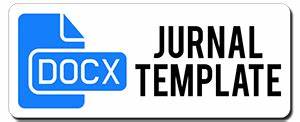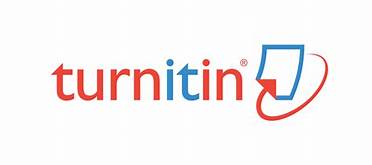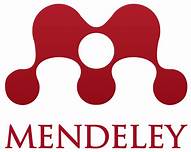Manajemen Literasi Digital Sekolah Dasar Abad 21
Abstract
The contemporary progress of the world has ushered in the era of the industrial revolution, where human existence revolves around information. Consequently, preparing graduates with high competence, capable of global competition, and adept at mastering technological advancements is imperative for individuals and the future of a nation. In the epoch of globalization, the global initiative for the school literacy movement aims to metamorphose educational institutions into literate learning hubs. Primary educational establishments, particularly elementary schools, play a pivotal role in shaping a generation poised to confront myriad challenges. Hence, fostering a novel digital culture is paramount in the modern educational landscape, facilitating the construction of a stronger national identity and readiness for the 21st-century global education era. This article aims to explore the avenues for cultivating students' personalities as lifelong learners through digital literacy, equipping them to navigate the nuances of 21st-century education and thrive in the globalized learning landscape. Employing a qualitative descriptive approach, this study elucidates phenomena in the contemporary environment, gathering data through observations, interviews, and document analysis.
Full Text:
PDFReferences
Bekker, T., Bakker, S., Douma, I., Van Der Poel, J., & Scheltenaar, K. (2015). Teaching children digital literacy through design-based learning with digital toolkits in schools. International Journal of Child-Computer Interaction, 5, 29–38.
Buckingham, M., & Clifton, D. O. (2004). Now, Discover Your Strengths: How to develop your talents and those of the people you manage. Simon and Schuster Audio.
Daryanto, K. S., & Karim, S. (2017). Pembelajaran abad 21. Yogyakarta: Gava Media, 267.
Elkind, D. H., & Sweet, F. (2004). How to do character education. Artikel Yang Diterbitkan Pada Bulan September/Oktober.
Eshet, Y. (2004). Digital literacy: A conceptual framework for survival skills in the digital era. Journal of Educational Multimedia and Hypermedia, 13(1), 93–106.
Kanematsu, H., & Barry, M. (2016). Chapter 2: Theory of Creativity.”. Journal Springer, 9–12.
Kebudayaan, S. D. M. (2014). Peraturan menteri pendidikan serta kebudayaan republik Indonesia.
Kemdikbud, L. (2013). Kurikulum 2013: Pergeseran paradigma belajar abad-21. Jakarta, Juni.
Kristiawan, M. (2016). Telaah revolusi mental serta pendidikan karakter dalam pembentukkan sumber daya manusia Indonesia yang pandai serta berakhlak mulia. Ta’dib, 18(1), 13–25.
Kristiawan, M., Suryanti, I., Muntazir, M., Ribuwati, A., & AJ, A. (2018). Inovasi pendidikan. Jawa Timur: Wade Group National Publishing, 1–7.
Musfiroh, T. (2008). Cerdas melalui bermain. Jakarta: Grasindo.
Pendidikan, B. S. N. (2010). Paradigman pendidikan nasional abad XXI Badan Standar Nasional Pendidikan Versi 1.0. www. bsnp-indonesia. org/id/wp-content. Laporan BSNP2010 Pdf.
Shapiro, J. J., & Hughes, S. K. (1996). Information literacy as a liberal art? Educom Review, 31, 31–35.
Sudrajat, D. K. (2017). TantanganPendidikanAbad21. Journal JPI, 3(2).
Suyanto, S. (2009). Urgensi Pendidikan Karakter. Direktorat Jendral Pendidikan Dasar Kementrian Pendidikan Nasional.
Tang, C. M., & Chaw, L. Y. (2016). Digital Literacy: A Prerequisite for Effective Learning in a Blended Learning Environment?. Electronic Journal of E-Learning, 14(1), 54–65.
Wiyani, N. A. (2014). Psikologi perkembangan anak usia dini. Yogyakarta: Gava Media.
DOI: https://doi.org/10.30596/jmp-dmt.v5i1.18478
Refbacks
- There are currently no refbacks.






